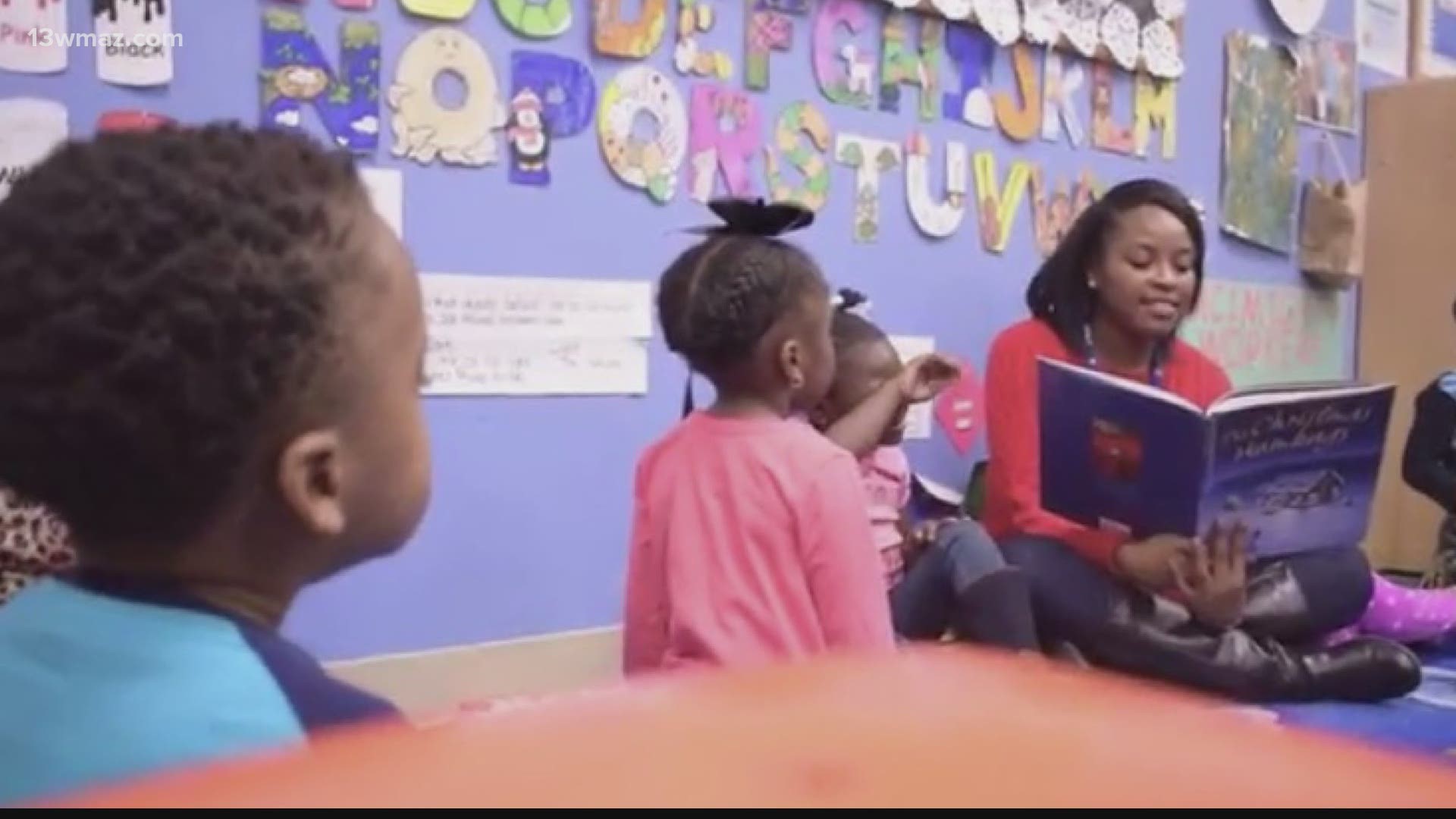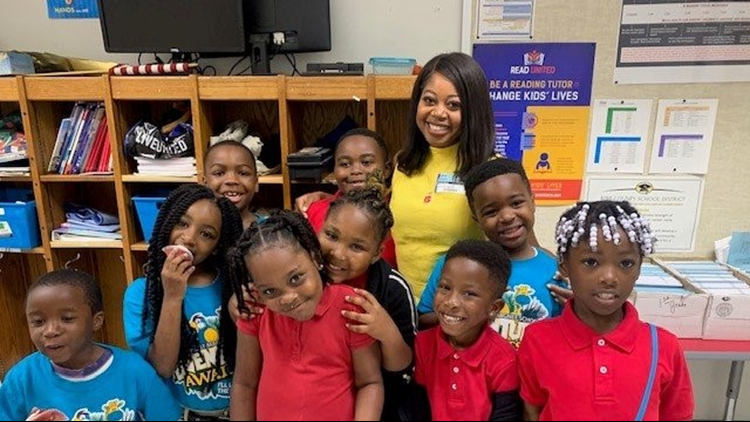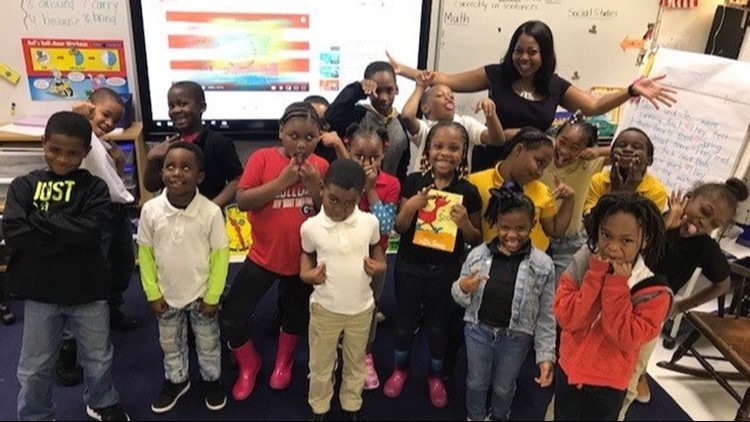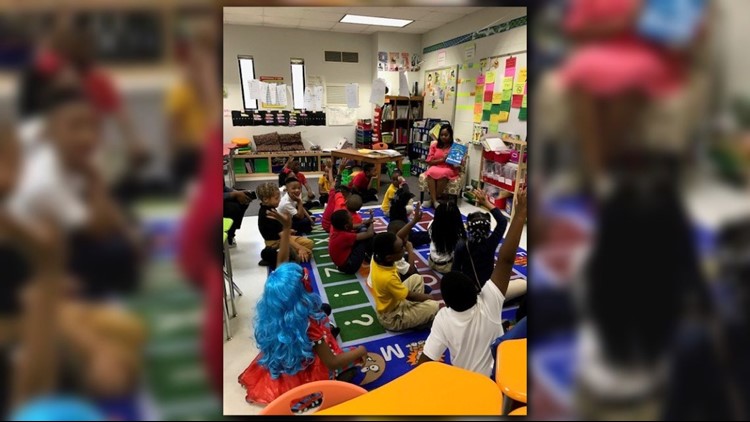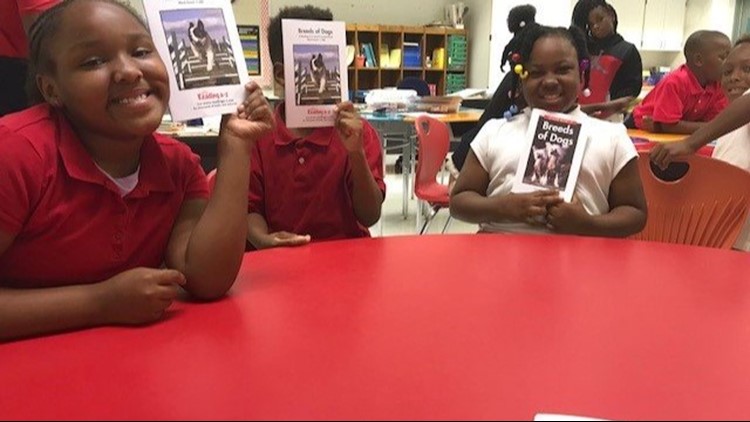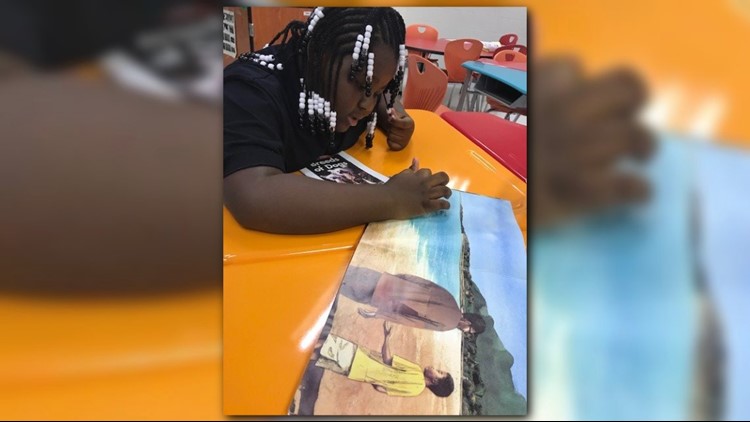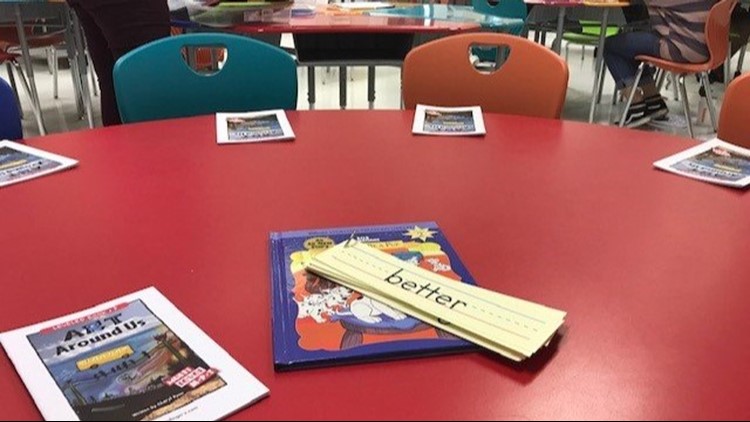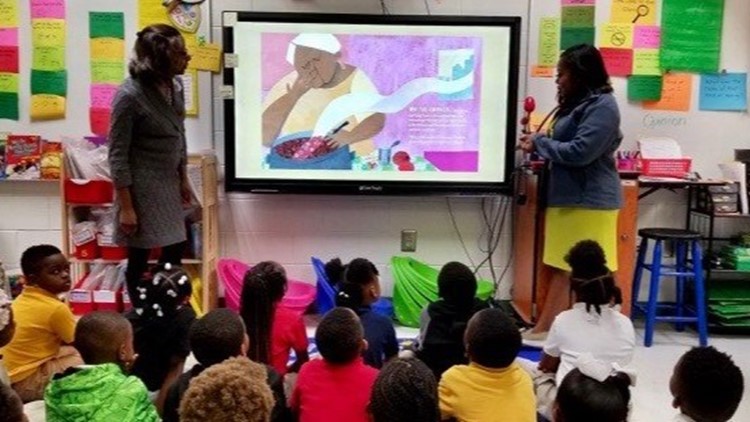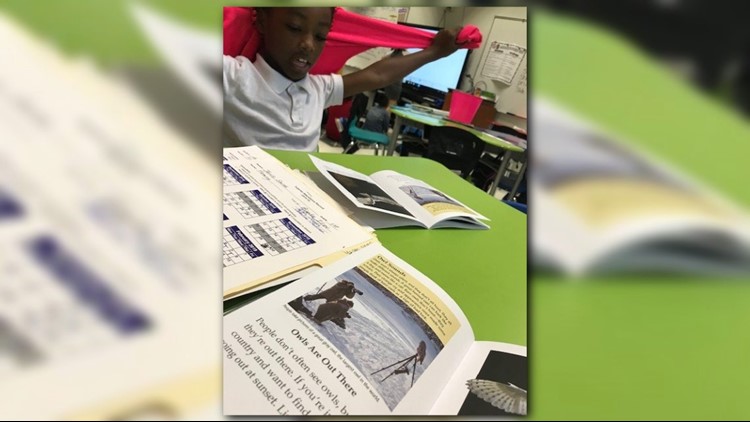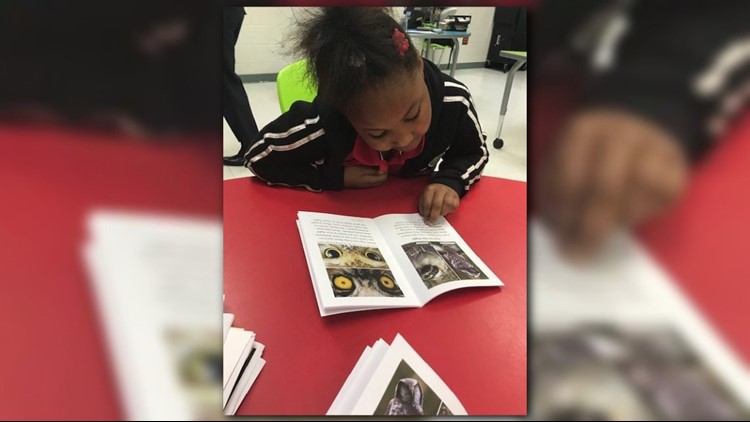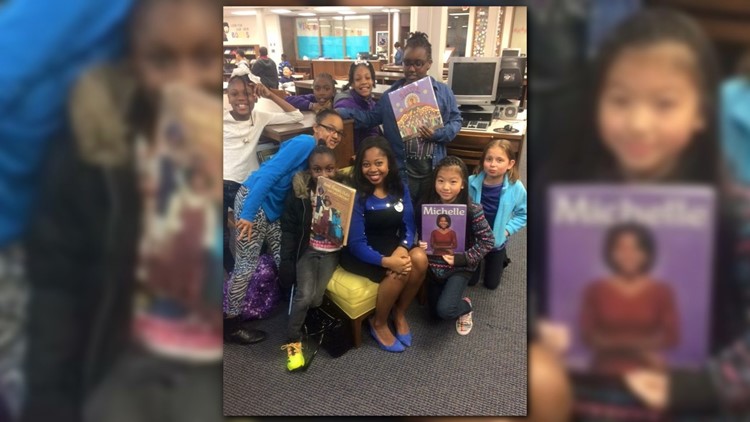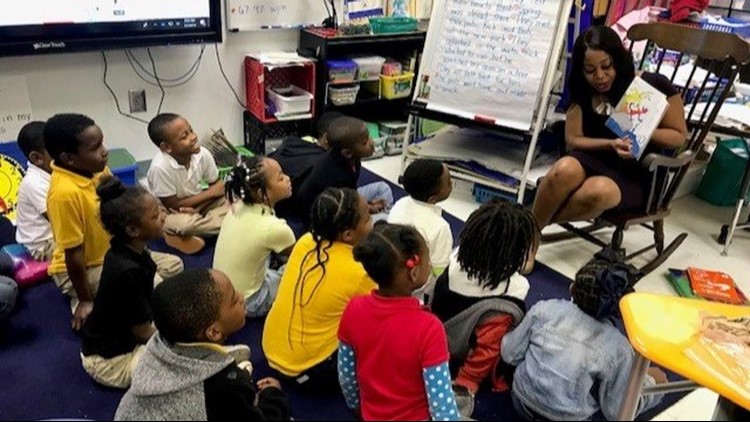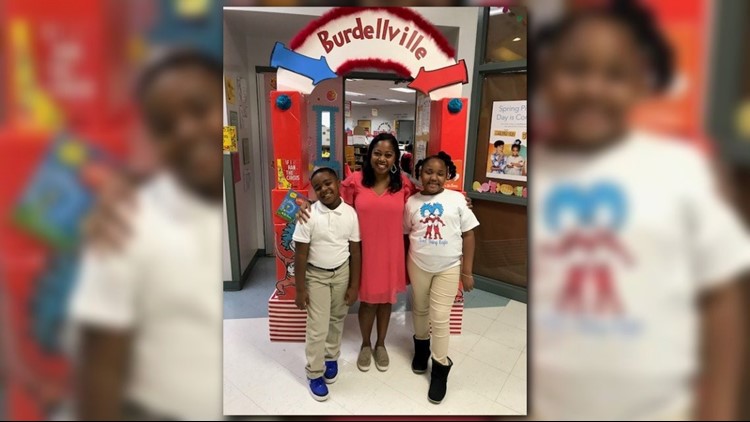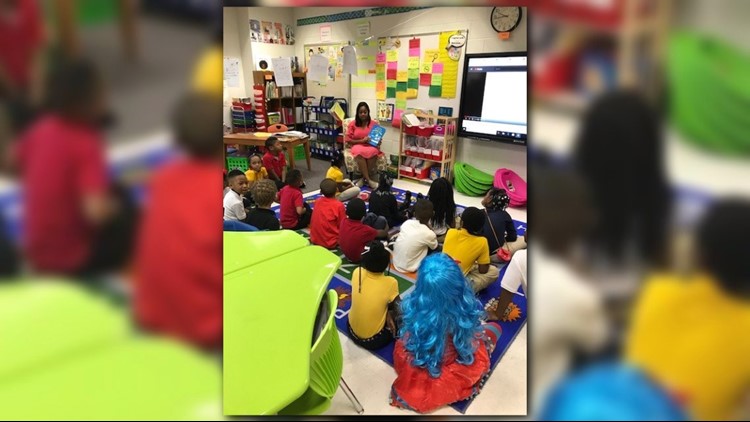MACON, Ga. —
It’s a fact -- there are disparities in our education system.
In this Crucial Conversation, Eryn Rogers spoke to Dr. Chester Fontenot, Mercer University’s Director of Africana Studies and Dr. Shelton Land, the United Way of Central Georgia’s Education Program Manager. The broke down the historical factors that favored white students over black students, how it’s still manifesting in the 21st century, and they highlighted programs with a focus of seeing every student succeed.
Eryn: What's the history of education in Black America?
Dr. Fontenot: This history has deep roots, and then states have been spending anywhere from four to five times as much on white suburban kids as they have Black inner-city, so there's this built-in systemic inequality in the education system, when you add to that the fact that our public schools are funded on really the wrong type of model. Public schools are funded on property taxes, which gives a decided advantage to those who are living in higher income areas.
Eryn: It was downright dangerous for some Black people to learn how to read. Can you talk about that?
Dr. Fontenot: It was a capital offense for a slave to learn to read or write, but also for anyone to teach a slave to read or write.

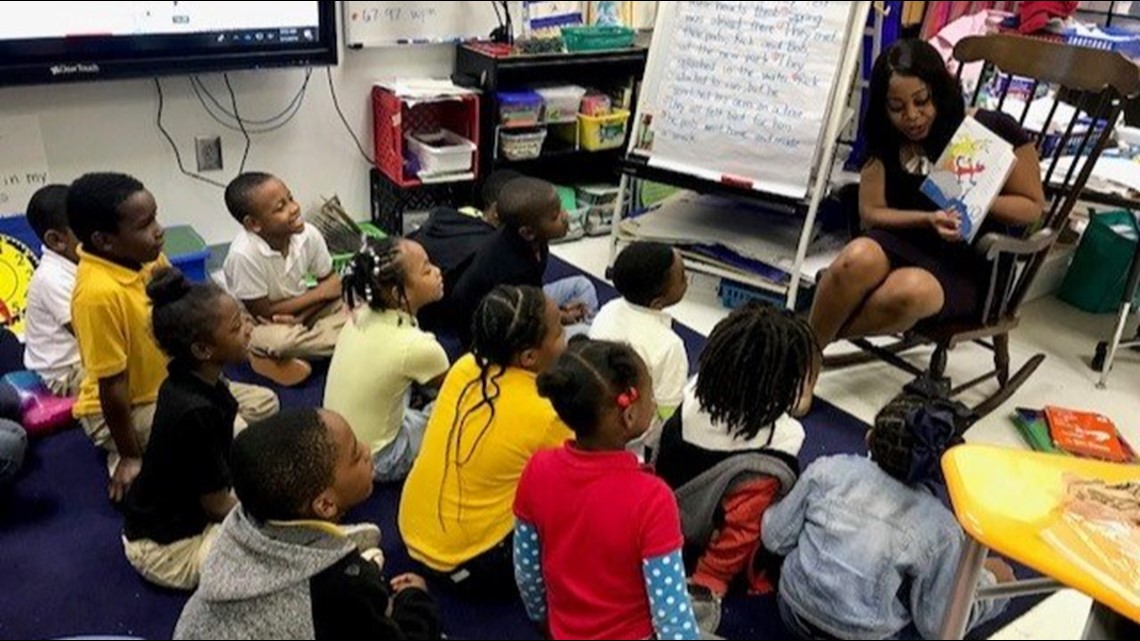
Eryn: Talk about the challenges Black people faced during segregation.
Dr. Fontenot: During segregation, the majority of black students had to go to schools that were ill-equipped, in many cases didn't even have a building.
Eryn: Around five years ago, Bibb literacy rate was around 50 percent. What are some of those historical factors that played into that?
Dr. Fontenot: One thing is kids are coming to school from families, a lot of them, that don't have the capacity to help these kids read.
Eryn: A lot of disruptive influences are rooted in poverty, and a lot of times poverty is rooted in a lack of education, so is it a never-ending cycle?
Dr. Fontenot: It's a catch-22 -- it's kind of like, 'How do you get out of poverty if you can't read or write?' Well, here's a quick answer -- sell drugs. The thing on their mind may not be passing this class, the primary thing may be living another day, so what can the school do, what can the state do, what can the city do?
One way the Macon-Bibb community is helping is through a United Way program called Read United, which is led by Dr. Shelton Land.
Read United works to clear roadblocks caused by racial disparities in education
Eryn: Can you talk about the need for Read United in the Central Georgia Community.
Dr. Land: Five years ago when we started, they were roughly around 54-55%, now they're up to -- Bibb, specifically -- is up to 68-70%, not only graduation rates, but the reading rates, the number of students who were on grade level reading. That was below 55 percent, and now that is up above 65 percent, so just the strides the years and the investments from the community and that return on investment, that ROI, we're now seeing it.
Eryn: What are some of the issues that led to that number in 2015?
Dr. Land: There are a lot of compounding indicators and factors that affected that, like when you think about diversity and shortage of teachers within public schools, children's living arrangements, children living in poverty, the access of books in the home. There was actually a study done that showed a 30 million-word gap that affected children raised in poverty. They say children raised in poverty hear 30 million fewer words by the age of four, so that means they're coming to school not ready. They're not ready to learn because of the lack of language nutrition that they have received, so there's a lot of compounding factors that don't always show up in the numbers, but it affects the numbers, and it impacts the numbers.

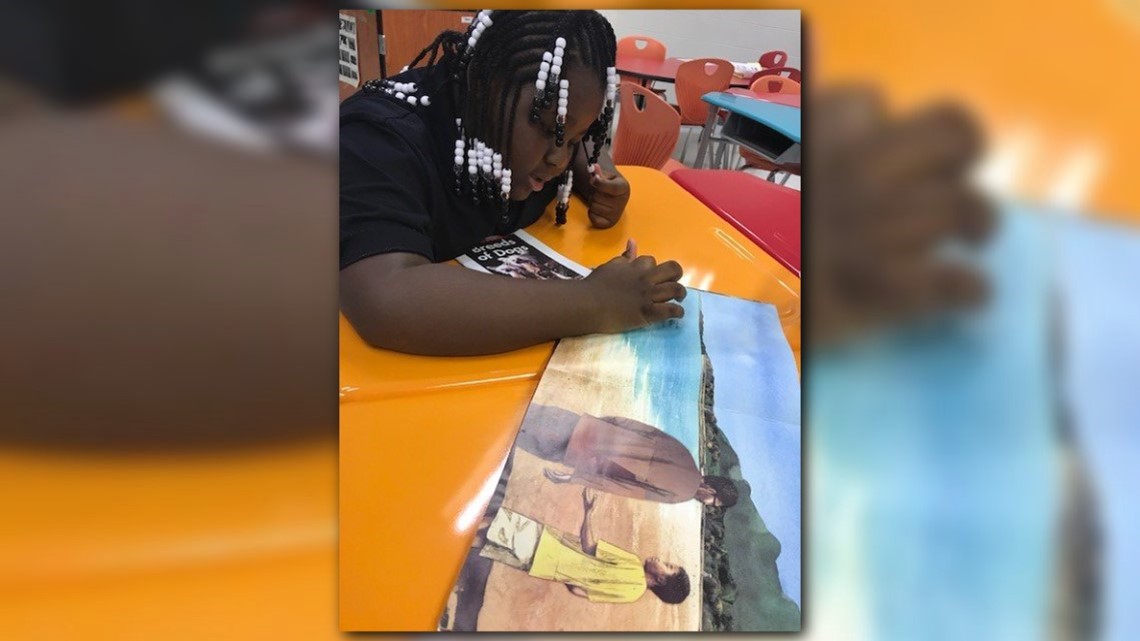
Eryn: What percentage do minority students make up of Read United?
Dr. Land: I would say 97 percent.
Eryn: That's stark.
Dr. Land: Yes, that's very stark, and the schools that we serve are the schools with the highest need, so they're mostly, predominately African-American students.
Eryn: What does that say about the future of minority students in Bibb County?
Dr. Land: The labor of love that has been invested, it has strengthened our community, it impacts the future economic mobility, and it brings so much excitement to see that growth in students.

